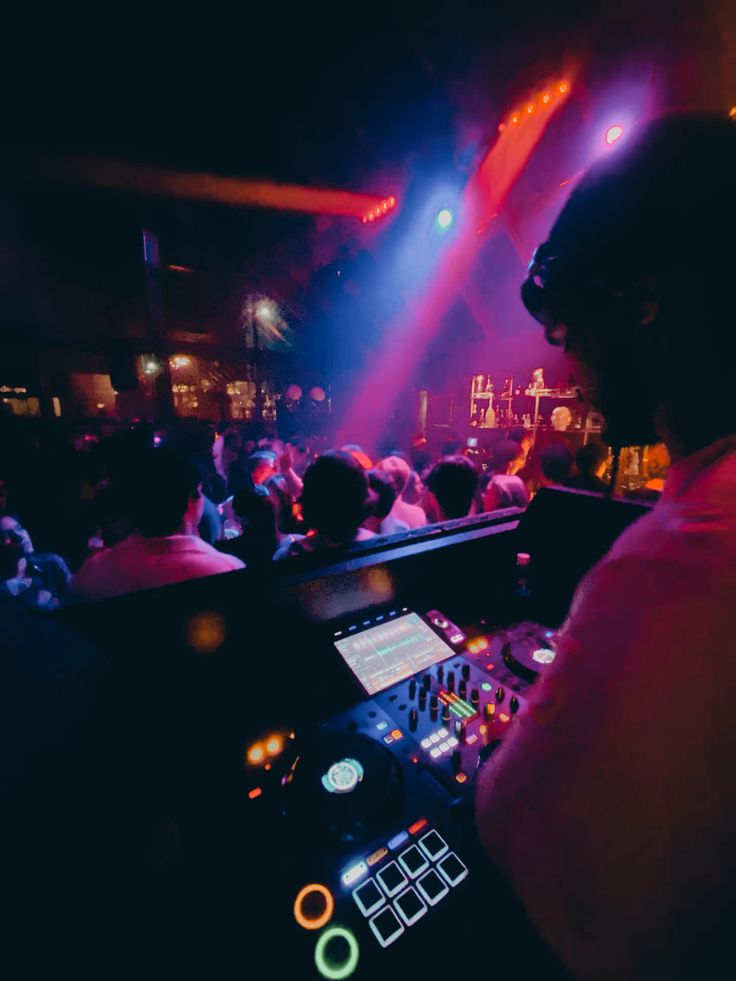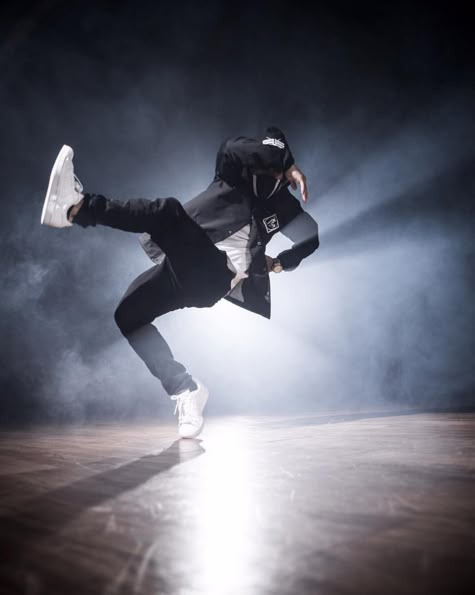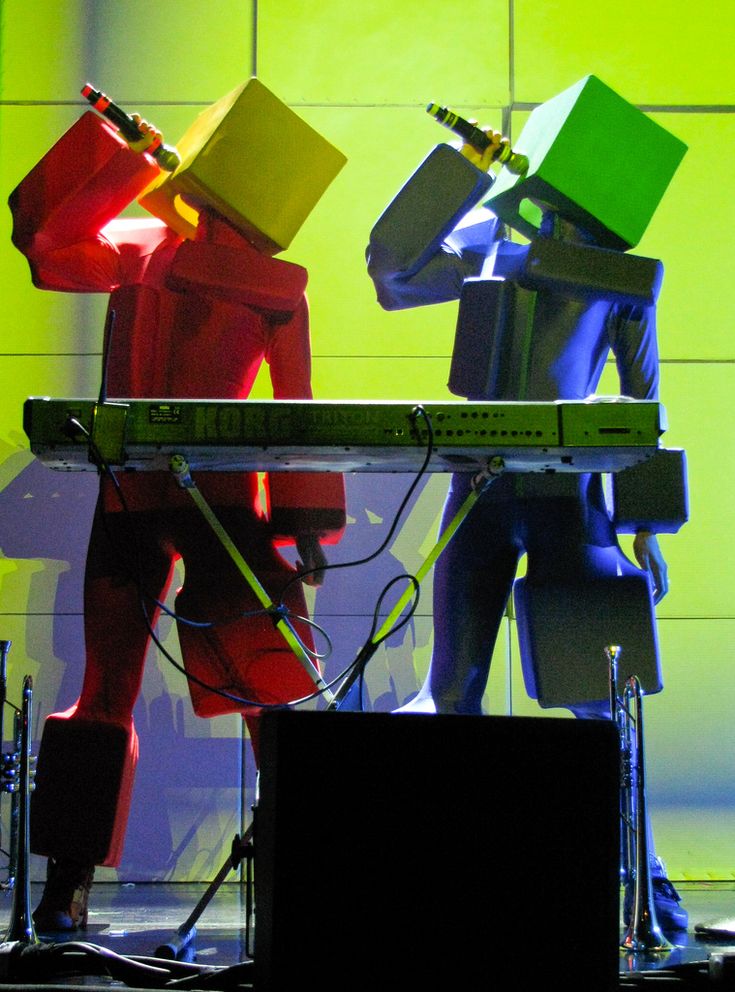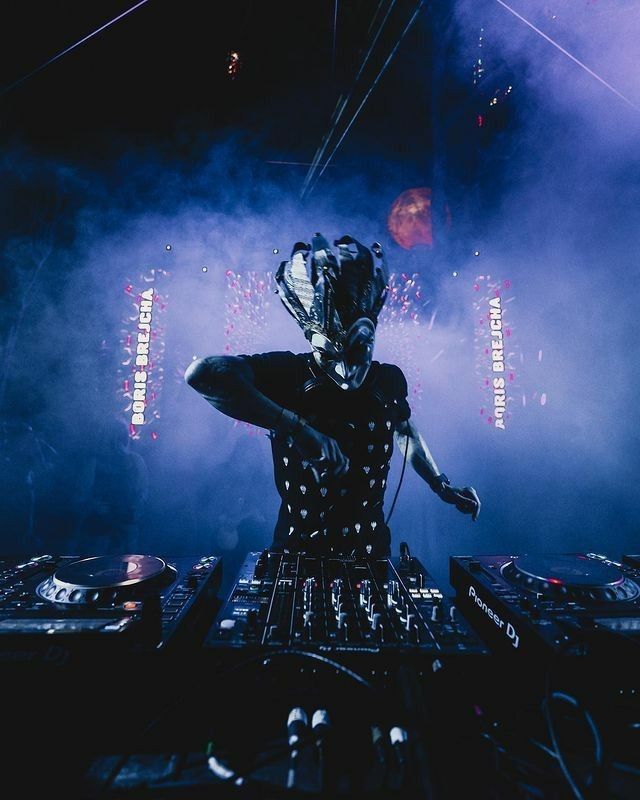
Hannah Ekholm and Faye Stoeser’s double bill pairs precise poses with a compelling electronic score
Club culture has left its stamp on contemporary dance in recent years – the popularity of Sharon Eyal is a prime example – and here it is again in a double bill choreographed and performed by new duo Ekleido. Hannah Ekholm and Faye Stoeser have graced a few dancefloors, you can tell, and the door to the theatre opens to a blast of theatrical haze, house music and a big, buzzy crowd. Some of them might have been attracted by a big name in electronic music, Floating Points, who writes Ekleido’s scores (and is Ekholm’s partner).

Ekleido are influenced by voguing in particular, arms slicing and scrolling in precise poses with compelling style. The pair work in unison, with telepathic synchrony, or they knot their bodies together in complex sculptures. Then they thread one body through the loops made by another. The first piece, Splice, is reminiscent of Russell Maliphant’s work, the dancers housed within a square of light, exploring every possibility on the spot, before they expand across the stage and the bouncy beats get bassier and make you want to fling yourself around a dancefloor. But what Ekleido do is the opposite – it’s measured, clean, exact. Not robotic, though, but lithe and alert. They might be ultra cool but it’s easy watching.
Splice is a short, brilliant burst of dance that sets out Ekleido’s style. But where do you take it next? Their second piece, Rorschach, is partly an answer to that. It’s a trio: more bodies equal more possibilities, more insectoid limbs to play with, more origami angles (the third dancer, Jasper Narvaez, is excellent). The Rorschach inkblot is a good reference for what these symmetrical contortions look like, and for dance itself, where you can freely interpret what you see. There’s some blurb in the programme about this being a future society where individuals face a psychological trial; I have to say I didn’t see that, but no matter. When the music abandons its beat and goes wandering into general dystopian darkness (the lighting too), and the dance starts roving away from its tight focus, it’s less engaging, but there is a distinctive voice
This is what we’re up against
Bad actors spreading disinformation online to fuel intolerance and undermine democracy.
A media ecosystem dominated by a handful of billionaire owners.
Teams of lawyers from the rich and powerful trying to stop us publishing stories they don’t want you to see.
Lobby groups with opaque funding who are determined to undermine facts about the climate emergency and other established science.
Authoritarian states with no regard for the freedom of the press.
***
But we have something powerful on our side.
We’ve got you.
This is why we’re inviting you to access our brilliant, investigative journalism with exclusive digital extras to unlock:
1. Unlimited articles in our app
2. Ad-free reading on all your devices
3. Exclusive newsletter for supporters, sent every week from the Guardian newsroom
4. Far fewer asks for support
5. Full access to the Guardian Feast app
The Guardian is funded by readers like you in Kenya and the only person who decides what we publish is our editor.






